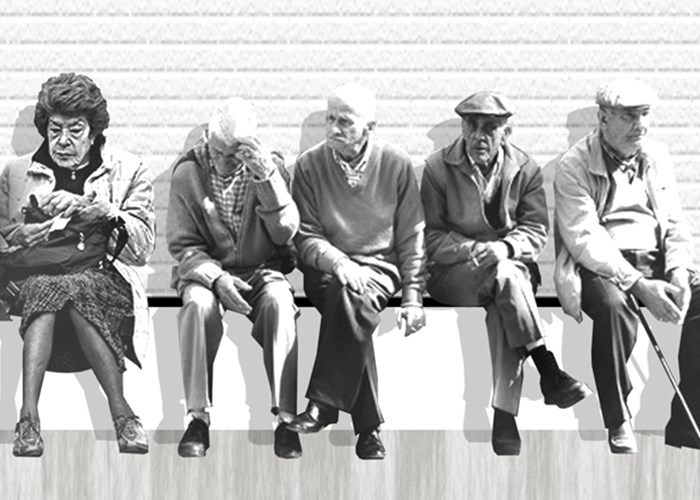
A Purposeful future – Aged care and depression
September 10, 2013As the population of people over 65 years of age increases, we will see more cases of later life depression. Depression in the elderly may be difficult to diagnose because of factors such as late onset, medical illness, dementia and bereavement, but depression is not a natural part of ageing. Symptoms include loss of self worth and a belief of no longer a purpose in life.
Our propose is to address the current expectations of life after retirement by introducing the concept of purposeful future. We aim to create micro industries where people at all levels of faculty and conscience can participate and contribute in a common goal. We would like people to celebrate all of the knowledge they have gained throughout their life and participate to the generation and growth of this new industry in whatever form they feel comfortable with.
A study by Gary T. Reker1 suggests “life purpose” and “goal seeking” were found to predict psychological and physical well-being in the elderly. When given choice and responsibility people tend to experience significant improvement in alertness and a general sense of well being.
“Work is a source of meaningful quality of life. Residents with dementia all were viable, active citizens in their home, jobs and community. The challenge is to take the tasks that they at one time were engaged in … and successfully adapt or modify them for a continued sense of purposeful participation2.”
The activities must focus on the abilities not limitations, promoting positive behaviours and providing opportunities for verbal and non-verbal communication.
We want people from the community to engage in our new industry and bring with them their energy. We see an environment that celebrates life, that keeps our minds active and helps fend of illnesses through a positive purpose to our day.
A new vineyard
What would happen if a retirement village / aged care facility was built around a working vineyard?
On application each person would be assessed on their ability to contribute to a range of meaningful activities. Each activity would be addressed or related to a common goal, in this case a successful vinyard. With people in their early retirement the process of matching abilities to job roles and responsibilities could be similar to when applying for a job. The real challenge would rather be finding purposeful activities for people with dementia or other illnesses – it will be essential a strong understanding of their cognitive, physical and emotional abilities and inabilities before assigning tasks. Carly Hellen describes 4 types of meaningful activities for people with dementia:
- normalisation activities familiar tasks can be modified to suit the business, for instance gardening or baking cakes for sale in the vineyard shop
- thinking activites the ability to think and remember can help people with dementia to engage in a meaningful response, ie describing to guests the palate of each of the wines in offer or assisting in running the shop
- physical activities persons with dementia are often physically strong and need physical activities to maintain their well being, ie mowing the lawn or working in the shed
- social activities plenty of social activities in our vineyard. We may also need a little B&B for all the families and friends visiting.
1 Gary T. Reker, Edward J. Peacock and Paul T.P.Wong J Gerentol (1987) Meaning and Purpose in Life and Well-being: a Life-span Perspective, 42(1):44-49
2 Carly Hellen (1998) Using Activities for Behaviour Intervention
Our team are ready to bring your vision to life through a collaborative and innovative design process. Get in touch to get started.
2021 © CalderFlower
• Level 4, 48 Chippen Street Chippendale NSW 2008

